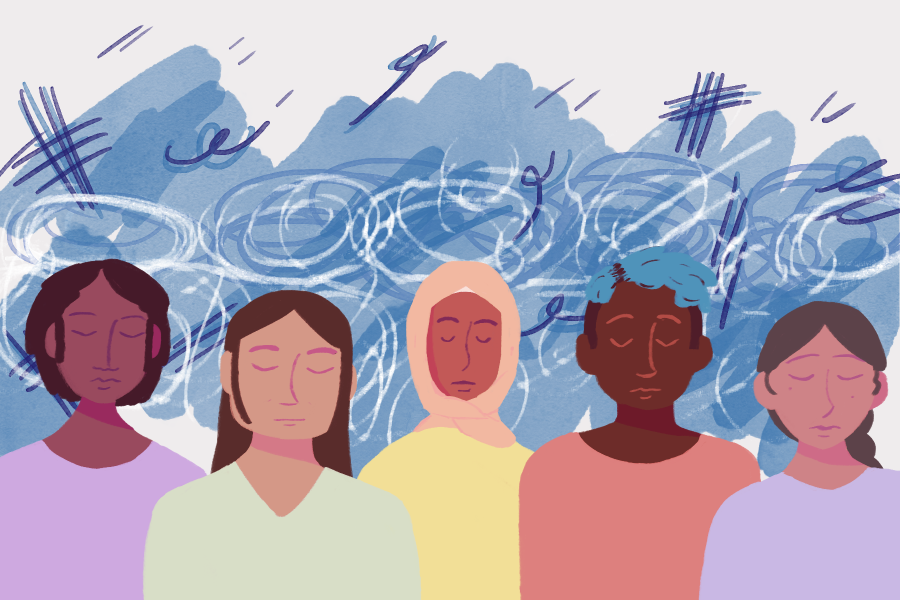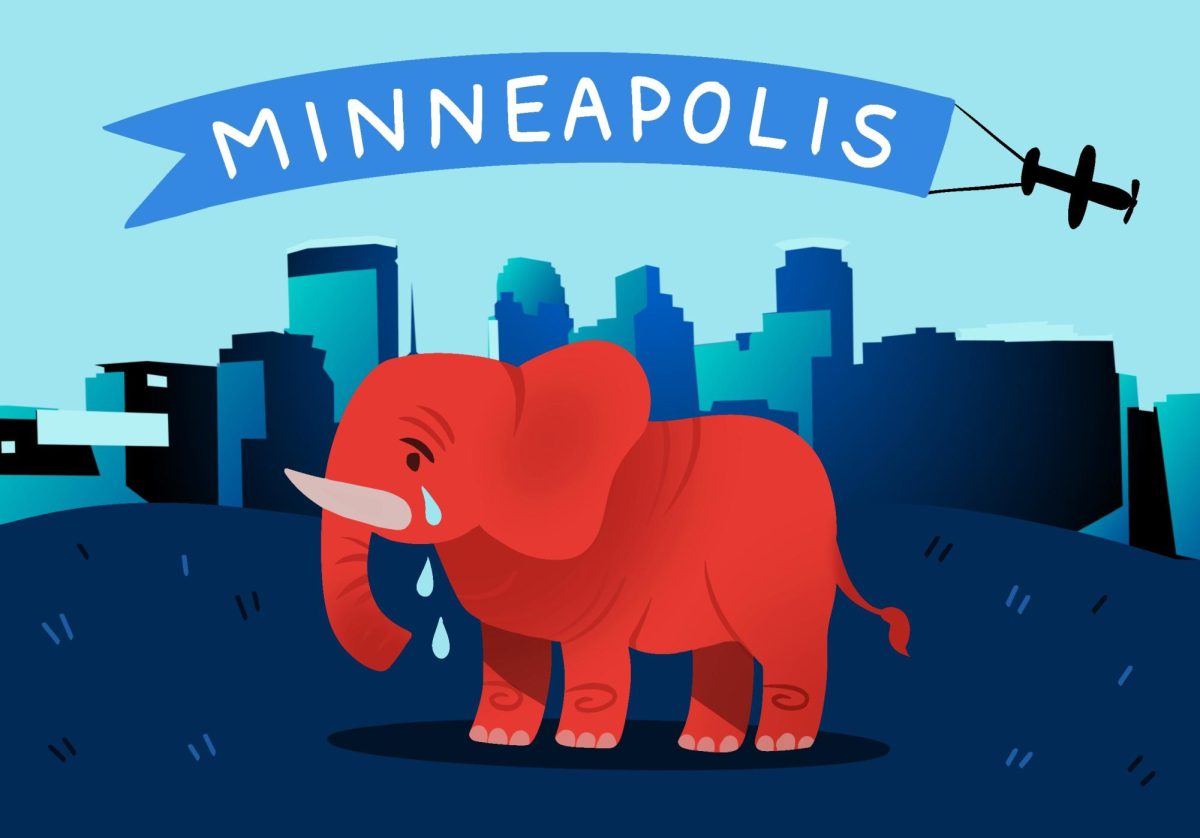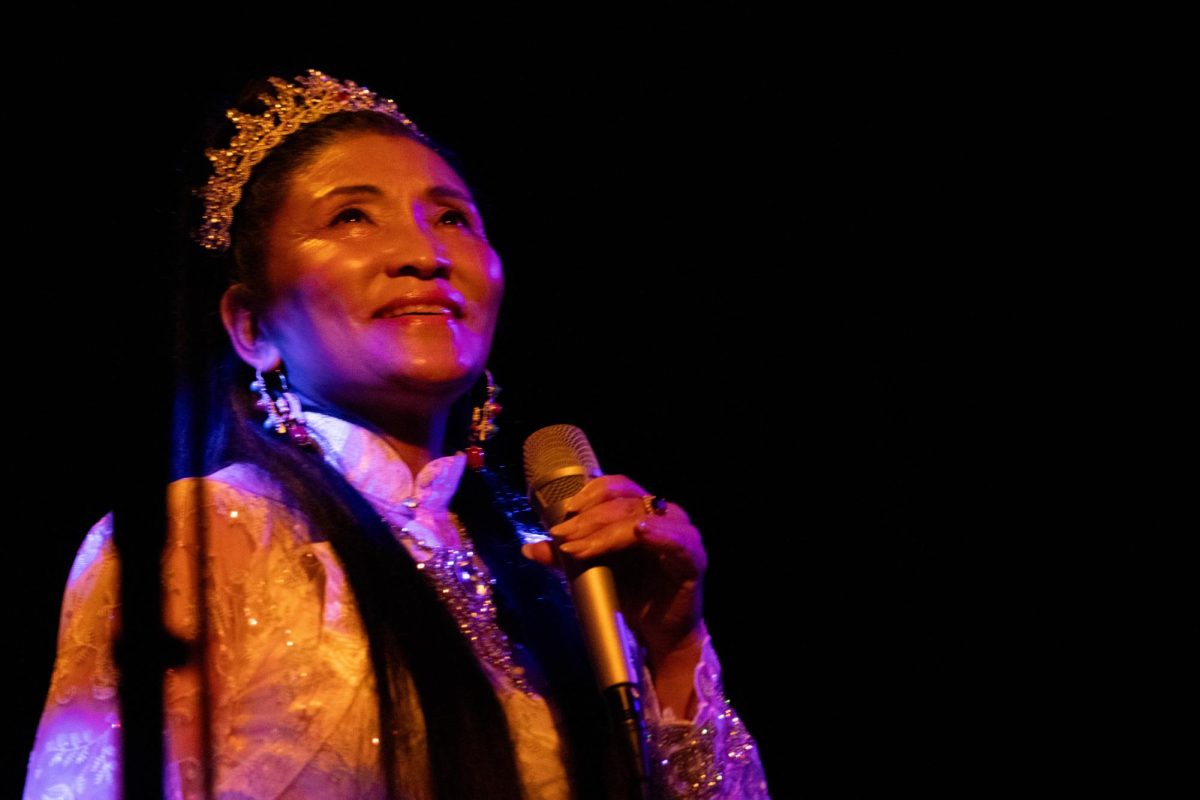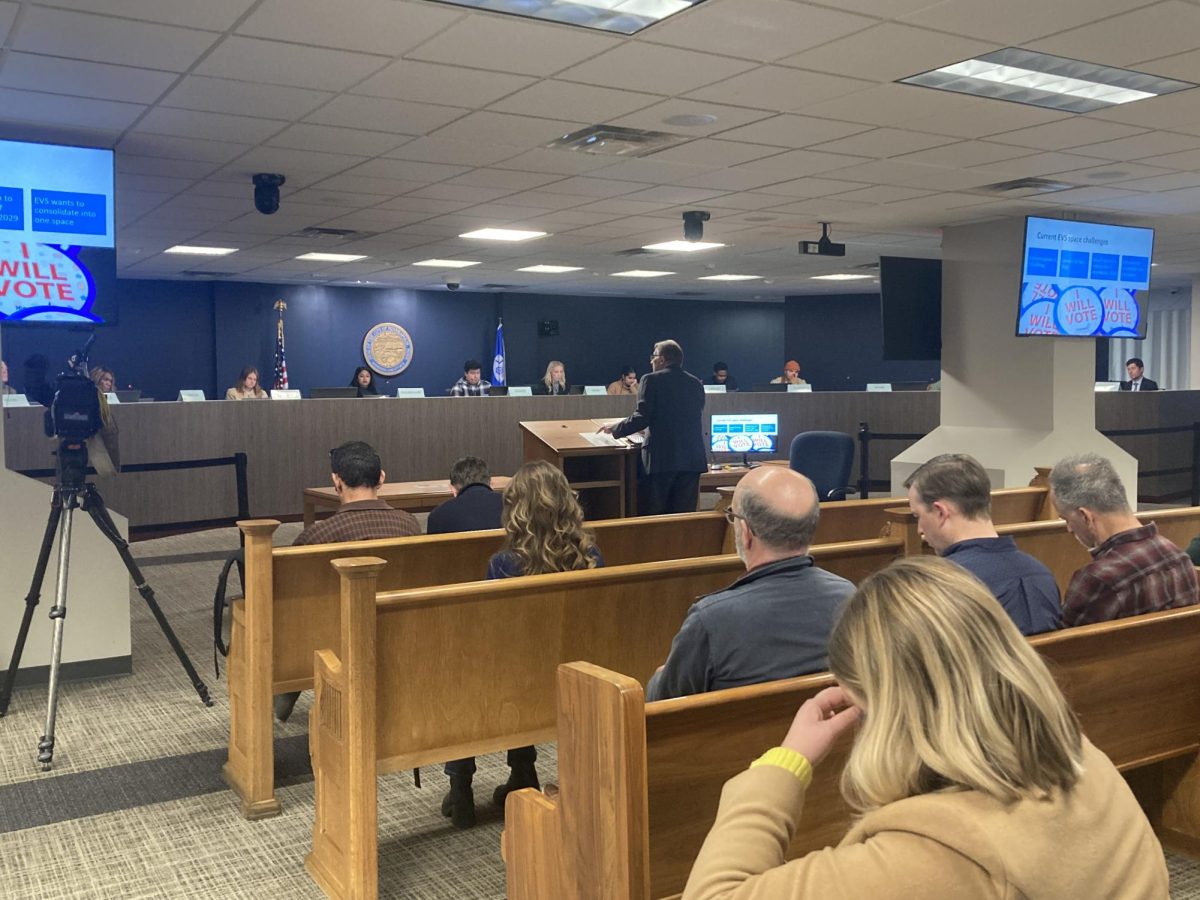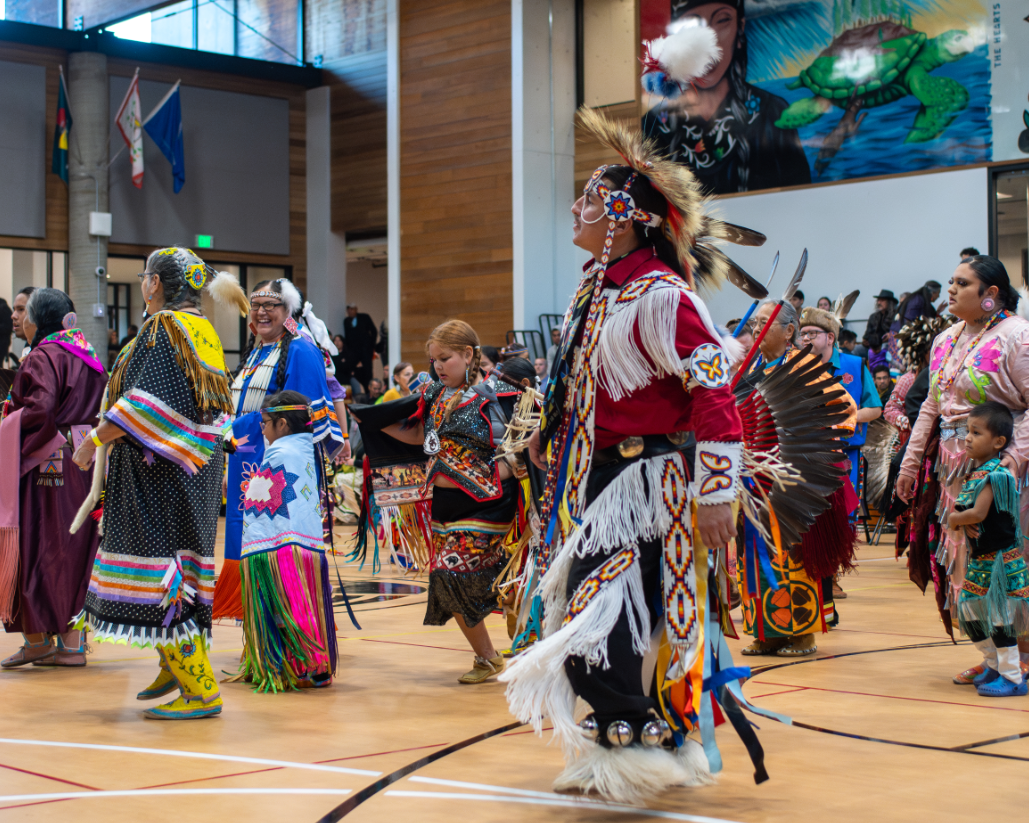When Chaya Gangsei decided she was going to go to college, she knew she would be taking the anxiety that she had battled her whole life with her.
After entering the University of Minnesota, Gangsei, a biracial pre-veterinary major, tried making new friends and attending different social events but struggled to make genuine connections and navigate predominantly white spaces. Eventually, she decided to seek help.
“I started thinking maybe I should start seeking out counseling or something just because it was kind of getting rocky for a little bit just with all of the pressure I was putting on myself,” Gangsei said.
She is not alone.
July is BIPOC Mental Health Awareness Month in the U.S., and this month is one of the first times it has been recognized under the more inclusive title of BIPOC. Earlier this month, Boynton Health announced on several social media pages that it would be celebrating and proceeded to post links and facts about the mental health of Black people, Indigenous people and people of color for the rest of the month.
Weathering trauma while navigating resources
For students like Gangsei, University resources can make all the difference. However the path to receive much-needed help is not always a smooth one.
“I did go to one counseling session at Student Counseling Services, and then I immediately talked myself out of it,” Gangsei said. “I told myself I was making it all up, and that I didn’t need counseling, that I was perfectly fine, or, ‘You just need to keep pushing through because everything will just get better on its own.’”
But when her grades started suffering due to struggles throughout her first and second years, Gangsei began regular counseling at Boynton. She said it helped her to better ground herself and understand how her biracial identity impacted her experience.
Providing mental health support to people of color can be especially challenging due to a lack of accessibility and disparities with health and equity. Several students of color said their ability — or inability — to see a provider with a shared identity deeply impacted their experiences.
“We’re on a predominantly white campus, and so for someone who identifies as Asian American — Hmong, specifically — it was hard to have someone who could identify in that way,” said Yoko Vue, a fourth-year journalism major. “It helps when the other individual can relate to my experience and just understand my cultural background with me not having to really explain myself to the person that I’m talking to.”
Second-year student Beryl Belmonte said she felt it was important to have more BIPOC mental health staff who understand things like racial trauma as the reliance on patients of color to explain those situations themselves can be retraumatizing.
“I remember going up to the person at the front desk [at Boynton] to make my first appointment after my consultation and giving them the piece of paper requesting that I get a female POC. I had to explain what POC stood for, and there were only two female therapists available,” Belmonte said.
The prevalence of stigma surrounding mental health issues in communities of color can prove to be another barrier to care.
“All of these things that end up impacting people’s mental health and their lived experiences are often showing up sometimes as anxiety and depression but are actually really normal responses to oppression,” said Boynton therapist Alex Montes.
Individual staff left to meet new requirements on their own
While offering the opportunity for students to pick the counselor or therapist best suited to them, Boynton also hosts and provides spaces for several counseling groups to connect people with shared identities. Supervisors generally encourage staff to seek out diversity and inclusivity opportunities.
Neither racial trauma training nor any equity and diversity training is required for Boynton mental health staff, but they may seek it out for themselves. Several providers said the drive to recognize and confront BIPOC mental health largely comes directly from BIPOC staff within Boynton.
The Office for Student Affairs, the parent unit to Boynton Health, released new guidance in July that mandates that staff members must dedicate two of their five yearly planning goals to equity, diversity and inclusivity. However there is no formal accountability for how these goals are fulfilled — discretion is left to the individual.
Matt Hanson, interim director of Boynton Mental Health, said that leadership recognizes the feedback from BIPOC students, and he hopes to provide better services for them.
“We’re really trying right now to examine that and look at that and listen to that to figure out how we can best respond to the needs that they’re expressing,” Hanson said.
Those mental health needs can also have physical consequences.
Rachel Hardeman, a health equity researcher in the University’s School of Public Health, cited a 1992 study about the “weathering hypothesis,” which concerns the effect of cumulative racism on the body. The study showed that young Black mothers have better birth outcomes due to the lack of time for chronic stress to take hold.
Hardeman said things like the effects of viewing police killings contribute exponentially to weathering, which is often caused by chronic stress.
“It’s really clear that it’s harmful, and it takes a toll on our mental health and well-being,” she said. “Watching someone from your community or who looks like you being killed by a police officer and having that sort of access because of social media all the time is really harmful.”
Montes said microaggressions and a lack of representation also wear on the well-being of Black people, Indigenous people and people of color. She said her identities as a Mexican cisgender woman help inform her practices as a Boynton therapist.
“Boynton has this really beautiful opportunity to be many people’s first experience with mental health,” Montes said.
She added that coming from a place of survival and enduring generational hardships compounds mental health issues and makes it hard to seek help. Montes said, “We have gone through so much, and we can’t ask for help because no one’s going to help us.”


